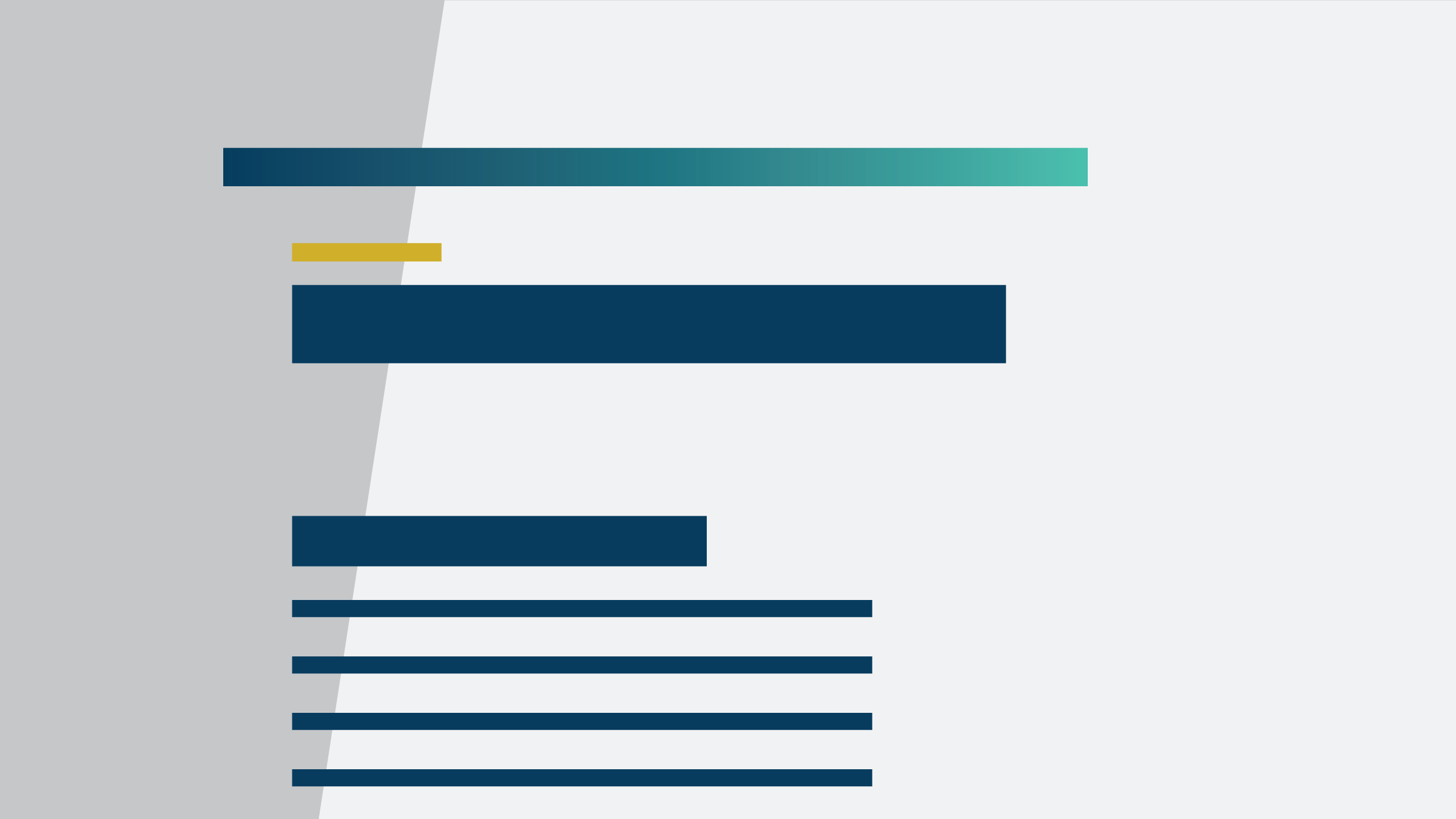Asset Pricing with Endogenously Uninsurable Tail Risk
Abstract
This paper studies asset pricing and labor market dynamics when idiosyncratic risk to human capital is not fully insurable. Firms use long-term contracts to provide insurance to workers, but neither side can fully commit; furthermore, owing to costly and unobservable retention effort, worker-firm relationships have endogenous durations. Uninsured tail risk in labor earnings arises as a part of an optimal risk-sharing scheme. In equilibrium, exposure to the tail risk generates higher aggregate risk premia and higher return volatility. Consistent with data, firm-level labor share predicts both future returns and pass-throughs of firm-level shocks to labor compensation.
Published in: _Econometrica_ (vol. 89, iss. 3, May 2021, pp. 1471-1505), https://doi.org/10.3982/ECTA15142.





